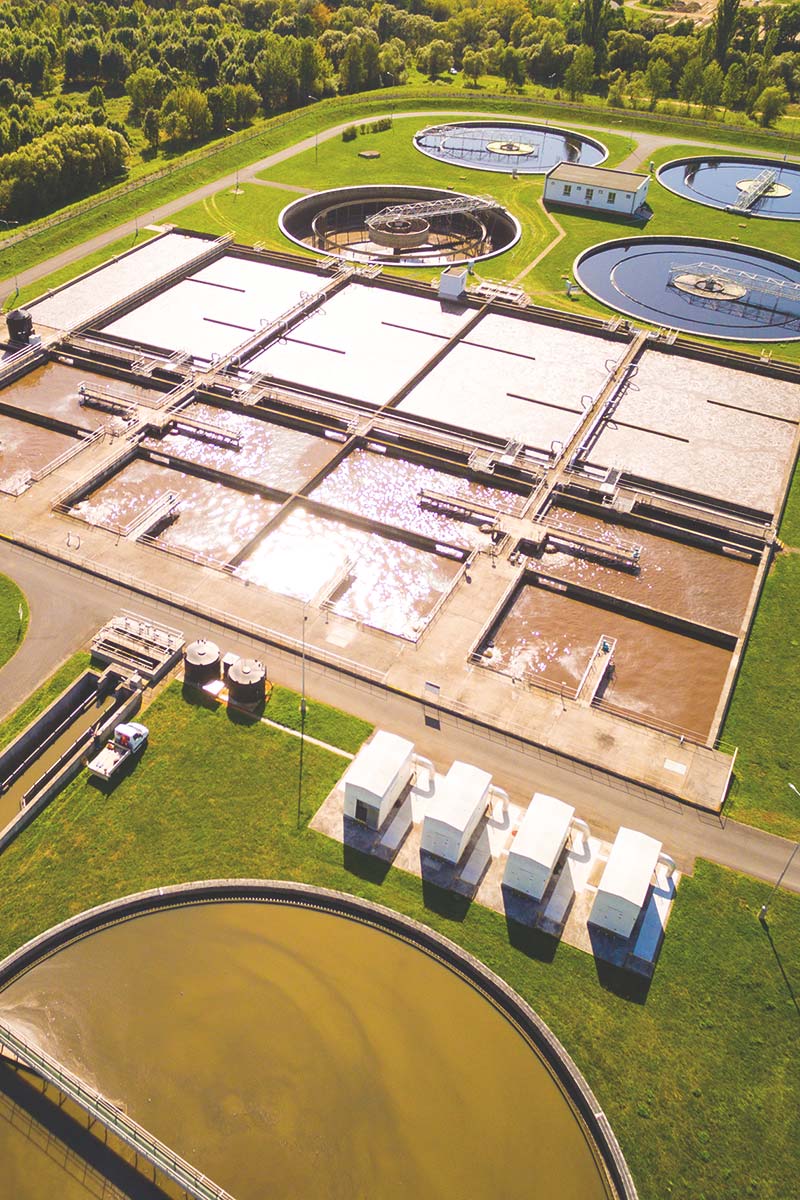We develop technologies for the processing and obtaining of new bioproducts with the use of biorefinery models.
Biorefinery processes are most often implemented in an integrated, efficient and synergistic manner (win-win relationships) and are generally biological, mechanical, physical, thermo-physical and/or chemical (including enzymatic) processes.
A biorefinery can produce a wide range of energy and non-energy final products. In addition to these bioproducts, biorefineries can also produce bioenergy, biofuels, biofertilisers, animal feed, ingredients and/or foods.
When developing solutions, we must take into account the environmental and energetic sustainability during biomass transformation. A facility cannot be considered a biorefinery if its production of a wide range of products comes at the expense of a high environmental impact, e.g. a high carbon footprint or the production of hazardous waste. For this reason, it is essential to carry out an environmental assessment for this type of R&D project.

